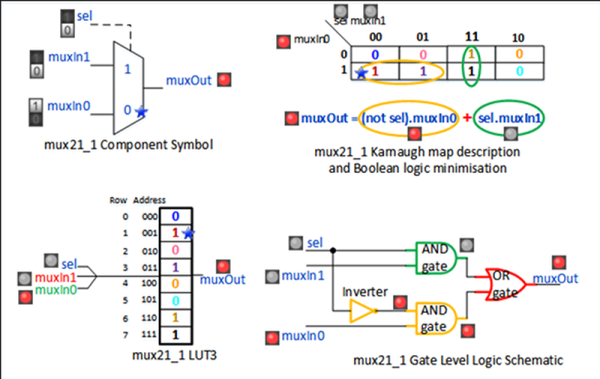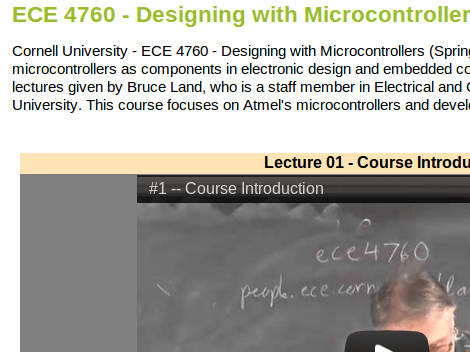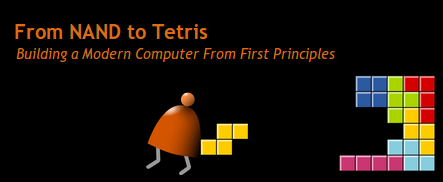If you watch a lot of TV just after Christmas, you will be familiar with partworks. Or at least, you will if you live in the part of the world this is being written from, and if you aren’t you should count yourself lucky. The premise is simple: buy this magazine once a month, and in each issue you will receive a fresh component which you can assemble over time into a beautiful model of a galleon, a Lancaster bomber, or a patchwork quilt.
The value for money offered by such publications is highly suspect, the quality of the finished item is questionable, and though the slick TV adverts make them sound alluring you’re much better off buying the Airfix model kit or just cutting your own patches.
There’s a partwork that caught our eye which may be worth a second look. It’s probably unfair on reflection to call it a partwork though as it doesn’t deserve to be associated with the scammier end of the publishing business. Swansea Hackspace are currently running a six-week all-inclusive course designed to introduce the participant to robotics through a step-by-step assembly of an Arduino based robot. Tickets were £60 ($85) to hackspace members, and all parts were included in that price.
At first sight it might seem a little odd to feature a course. It’s not a hack, you’ll say. And though the little Arduino robot is a neat piece of kit, you’d be right. It’s hardly ground-breaking. But the value here doesn’t lie in the robot itself, but in the course as an exercise in community engagement. If you are involved in the running of a hackspace perhaps you’ll understand, it can sometimes be very difficult to persuade timid visitors to come along more than once, or to join the space. Hackspaces can be intimidating places, after all.
The Swansea course holds the promise of addressing that issue, to say to an interested but non-expert newcomer that they needn’t worry; if they have an interest in robotics then here’s a way to learn. This community engagement and spreading of knowledge reveals an aspect of the hackspace movement that sometimes remains hidden, and it’s something we’d like to see more of in other spaces.
















